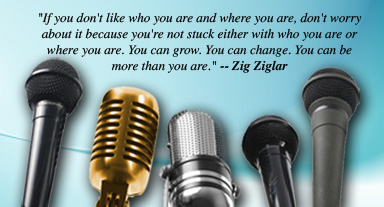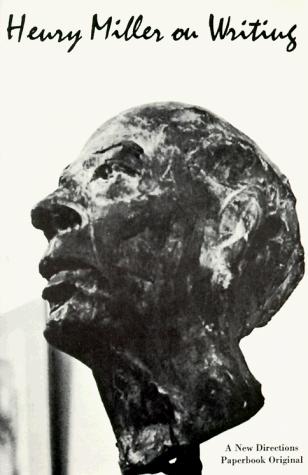In the Ira Glass video I shared yesterday, the public radio personality advised that the best way to improve your creative work – in our case professional speaking – is by doing a lot of it.
“And the most important possible thing you could do, is do a lot of work,” says Glass. “Do a huge volume of work. Put yourself on a deadline so that every week or every month you know you’re going to finish one story. Because it’s only by actually going through a volume of work that you’re actually going to catch up and close that gap. And the work you’re making will be as good as your ambitions.”
I agree completely. The only way your ideas will improve is by harnessing your creativity and working on them on a regular basis. The only way your speechwriting will improve is by getting down to work and writing on a regular basis. And the only way your presentation skills will improve is by practising your delivery on a regular basis. To advance yourself in the world of professional speaking it’s important to develop a creative routine and to implement it regularly.
I recently came across a post on Maria Popova’s wonderful website Brain Pickings that outlined American writer Henry Miller’s “11 Commandments of Writing and Daily Creative Routine.” Miller came up with these rules or commandments while he was working on his first novel, Tropic of Cancer, and they were later published in Henry Miller on Writing.
They seem to have served him well, and it’s my belief they can be applied to the world of professional speaking just as well as to the world of writing.
Commandments
1. Work on one thing at a time until finished.
2. Start no more new books, add no more new material to “Black Spring.”
3. Don’t be nervous. Work calmly, joyously, recklessly on whatever is in hand.
4. Work according to Program and not according to mood. Stop at the appointed time!
5. When you can’t create you can work.
6. Cement a little every day, rather than add new fertilizers.
7. Keep human! See people, go places, drink if you feel like it.
8. Don’t be a draught-horse! Work with pleasure only.
9. Discard the Program when you feel like it – but go back to it next day. Concentrate. Narrow down. Exclude.
10. Forget the books you want to write. Think only of the book you are writing.
11. Write first and always. Painting, music, friends, cinema, all these come afterwards.
Do you have a creative routine in place? Share your tips on how you harness your creativity here or on our Facebook page. We’d love to hear them!



